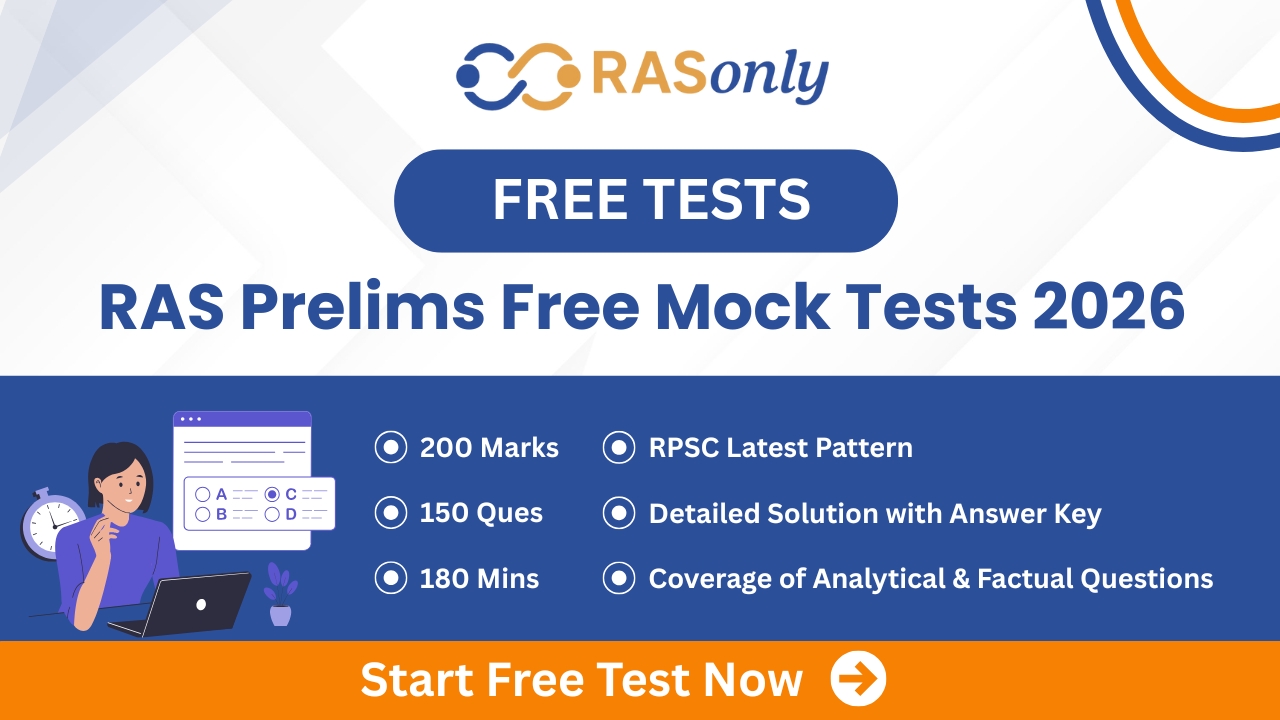The Supreme Court of India has agreed to hear concerns over Section 19 of the POCSO Act, which mandates the reporting of sexual activity involving minors, even if consensual. The provision is being challenged for leading to the criminalisation of adolescents and posing threats to reproductive and mental health.
Summary
- Issue Raised: Section 19 of POCSO mandates reporting of all sexual activity involving persons under 18, even if consensual.
- Petitioner: Senior advocate Indira Jaising, serving as amicus curiae, flagged the impact on adolescents’ rights and health.
- Key Argument: Instead of criminalising adolescents and punishing guardians or doctors, counselling should be the approach.
- Court’s Stand: Recognised the concern as “serious and relevant” and scheduled a hearing for May 8, 2025.
Context: The age of consent was increased from 16 to 18 in 2012 under POCSO.
1. What is Section 19 of the POCSO Act?
- Mandates that anyone who has knowledge of a sexual offence against a child must report it to the police.
- Applies even in cases where the sexual activity is voluntary and between adolescents.
- Failing to report can lead to legal action against parents, teachers, doctors, and others.
2. Legal and Ethical Dilemma
- Adolescents (16-18 years) engaging in consensual relationships are treated as victims and offenders under POCSO.
- Doctors providing medical care, including abortion or contraception, must report the case, violating patient confidentiality.
- This leads to:
- Fear of legal action
- Avoidance of professional healthcare
- Mental trauma and criminal records for minors
3. Argument by Indira Jaising
- Criminalisation is excessive for voluntary acts between peers.'
Suggests a need for: - Decriminalisation
- Sexual education
- Safe access to healthcare
- Warns of a rise in quack practices, endangering girls' health.
4. SC's Role and Next Steps
- The Supreme Court has:
- Acknowledged the constitutional implications related to Right to Health (Article 21).
- Called for inputs from Additional Solicitor-General and potentially Attorney-General.
- Scheduled the next hearing on May 8, 2025.
5. Policy and Governance Angle for RAS
- Child Rights vs. Legal Protection: Balance between protecting children from exploitation and respecting evolving adolescent autonomy.
- POCSO Law Criticism:
- Rigid in treating all under-18 activity as abuse.
- Overburdening the legal system with peer cases.
- Health Governance: The fear of reporting has negative repercussions on access to reproductive health services.
- Judicial Activism: Demonstrates the Supreme Court’s role in interpreting laws in line with fundamental rights.\
Conclusion
The debate over Section 19 of the POCSO Act highlights the conflict between child protection laws and adolescent rights. The Supreme Court’s willingness to examine the issue could potentially lead to progressive reforms that balance legal safeguards with access to healthcare and dignity for the youth. This case is a crucial example of how laws must evolve with societal realities and developmental needs.
MCQs for Practice
Q1. Section 19 of the POCSO Act is being challenged because:
A. It does not define consent properly
B. It mandates reporting of sexual activity involving minors, even if consensual
C. It criminalises only adult offenders
D. It has no provision for healthcare
Answer: B
Q2. In which year was the age of consent raised from 16 to 18 under the POCSO Act?
A. 2009
B. 2010
C. 2012
D. 2015
Answer: C




